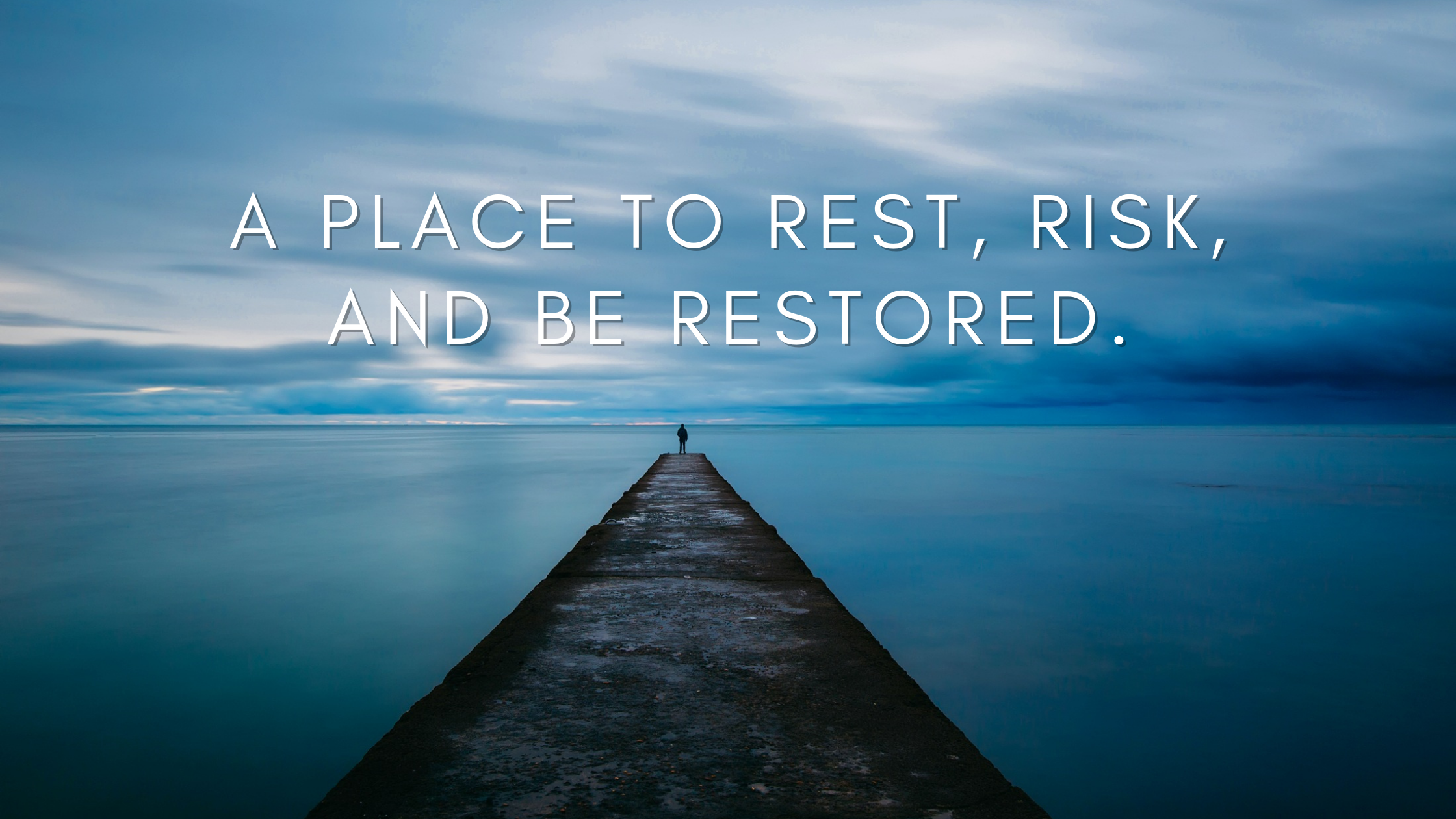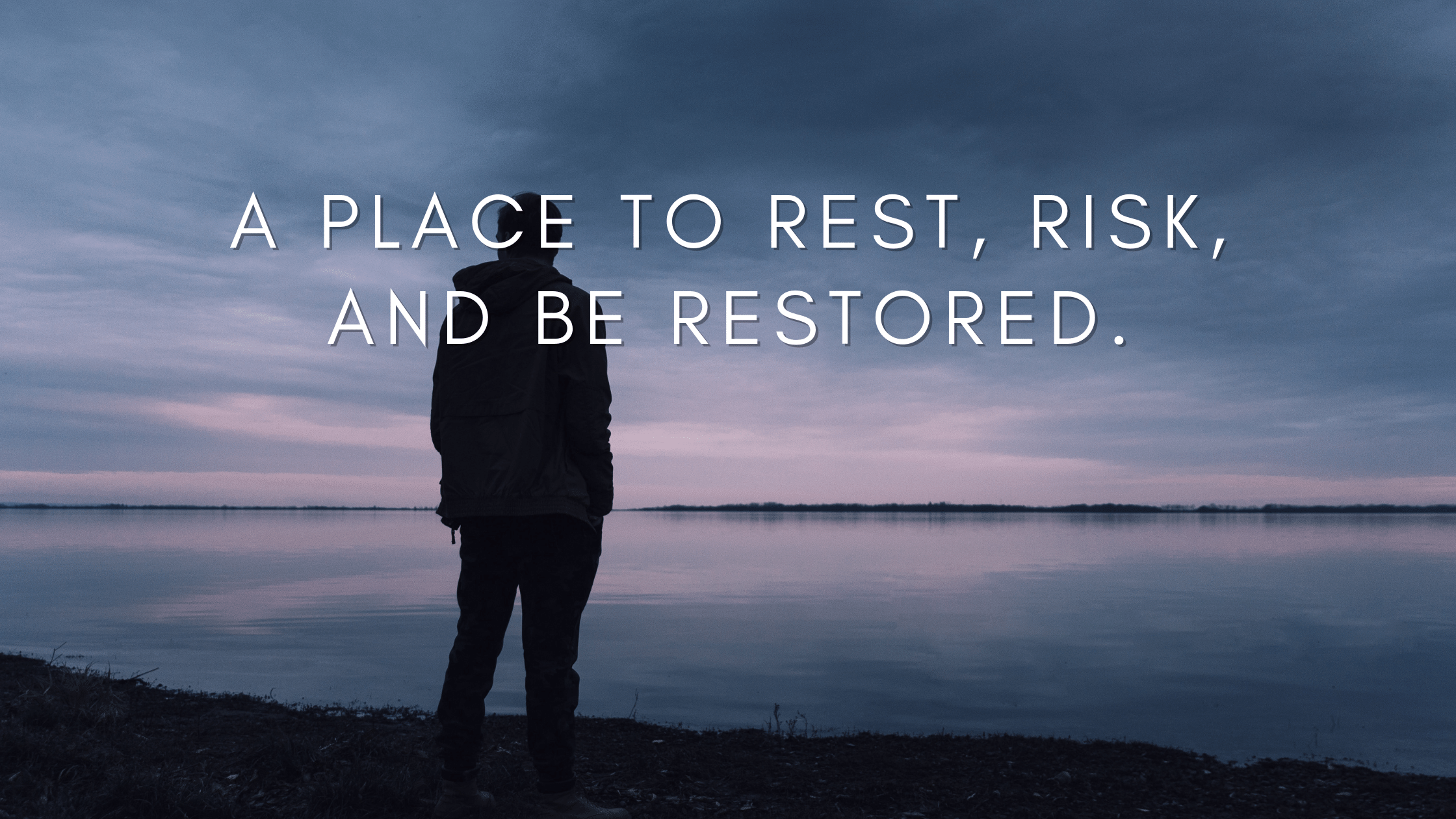Working through an eating disorder can be very challenging. When it first began, you did not think it was a problem. If fact, you probably felt better about yourself as your body changed. If you are like many of the clients we see, you likely started missing meals here and there, not even realizing you missed eating until hours later. You may have increased your exercising from three times a week to seven or ten times a week, all believing you were doing something good for your body. Often clients begin spending more time considering their physical appearance and how their body feels with all the changes going on. Eating starts to become a chore that would rather be skipped, so that you can do something that seems more productive like work, school, or even exercising.
Eventually, you quickly spiral and start to feel out of control. Therefore, you increase your habits such as purging, not eating, or running as to some way regain control of your life. Unfortunately, it is having the opposite effect. Yet, you ignore that as you believe you are becoming more fit and more fun. Though in reality, you are hurting yourself and the people you love.
Treatment of Eating Disorders
Everyone has their own story of how it began and how their life has been affected. At Waters Edge Counseling, we listen to your story, and then together work to resolve the struggles that you encounter. You and your therapist will identify your specific eating patterns and create an understanding of how your thoughts and emotions contribute to your relationship with food. We are here to help you regain control of your mind and body.
In general, eating disorders involve obsessively focusing on weight, body shape, and food. You may have noticed your own thoughts on these subjects beginning to creep into the majority of your day. You may be at a point where you spend hours thinking about your own plans surrounding eating, exercise, and body image. This can lead to dangerous eating behaviors that can affect your mental well-being and physical health. Symptoms vary depending on the type of eating disorder, but if your primary concern is control of food, dieting, weight loss, and body image, you may need treatment to address these issues.
The most common eating disorders are anorexia nervosa, bulimia nervosa and binge-eating disorder. Other eating disorders include rumination disorder and avoidant/restrictive food intake disorder. All these types of eating disorders can be very challenging, so it is important to learn about your challenges and then develop some new behaviors and coping skills to manage your thoughts and emotions surrounding food.
What to Expect in Counseling
In counseling, you and your therapist would begin discussing your own journey with food and eating patterns. You may or may not know the cause. That’s okay. Your therapist will be there to help you come to terms with the thoughts and actions surrounding food, weight, and your body. Your sessions will serve as a safe space, free of any type of judgement. You may have already been diagnosed with a disorder or this may be your first time receiving any type of help. Our therapists will help you figure out what it is you’re facing and the best treatment plan specifically for you.
It can be very scary to have an eating disorder and not know where to turn for relief. We are here to help you. When you take the first steps to tackle your eating disorder, we create a safe place for you to learn how to have a healthy relationship with food and be comfortable with your choices in life moving forward.




